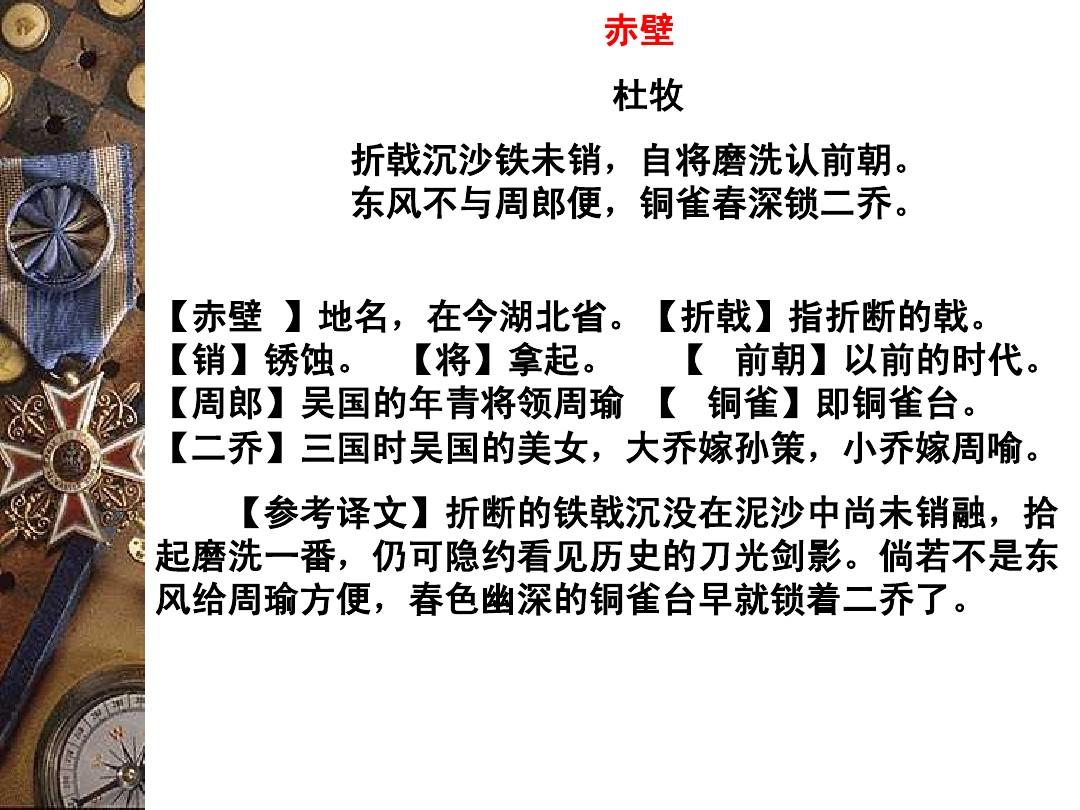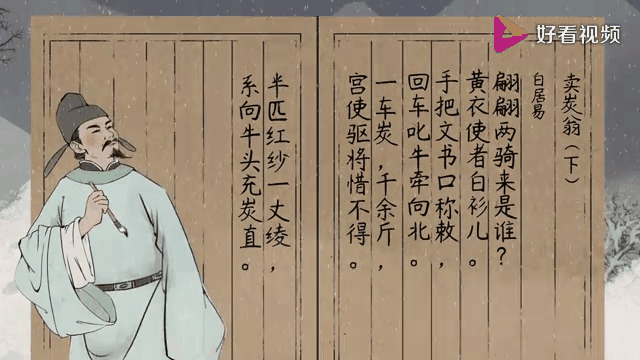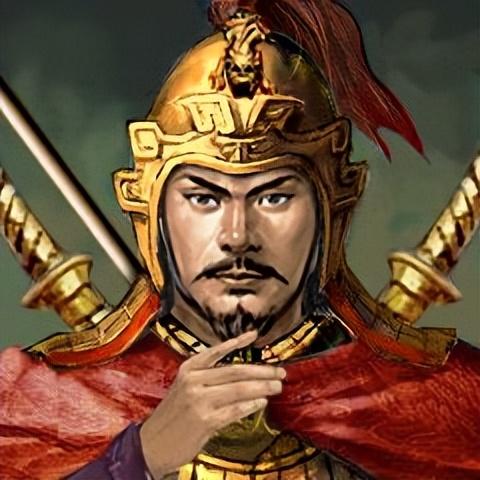Su Shi (1037-1101), also known as Zizhan and Dongpo Jushi, was born in Meishan, Sichuan. Famous writer and calligrapher of the Northern Song Dynasty. Poetry and prose are characterized by boldness and boldness, and are one of the eight great poets of the Tang and Song dynasties. For readers who don’t know yet, the history encyclopedia editor will bring you a detailed introduction below. Keep reading~
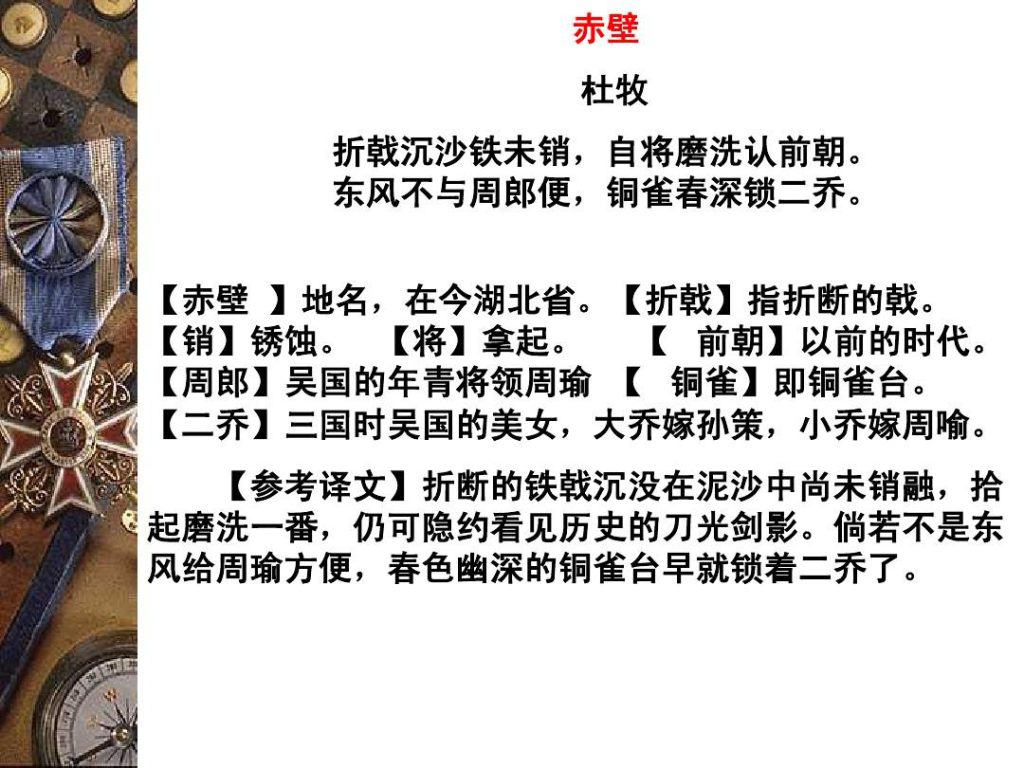
As a leader in the literary world of the Song Dynasty and a representative of the Chinese bold and unrestrained poets, Su Shi was known for his straightforward temperament throughout his life. He was known as the “big mouth” of the time, saying whatever he said and what he said. Moreover, ancient people emphasized the importance of “no trust, no establishment” and “keeping a promise is precious.” Therefore, in terms of Su Shi’s personality and identity, he naturally did not and dared not easily break his promise.
But in the classic book ‘Su Shen Liang Fang’, there is a record that Su Shi once broke his promise. What is going on? Moreover, in the records of Song Mingwen, it is also recorded that Su Shi indirectly “killed countless people”. What is this all about?
01
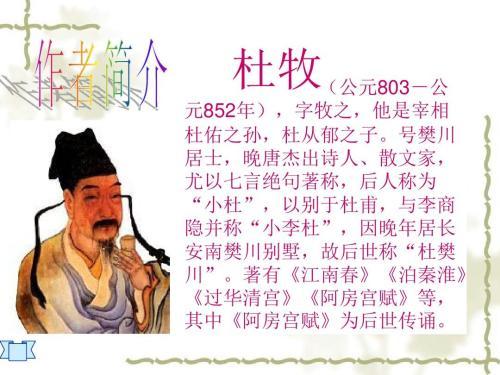
Su Shi has a very straightforward personality and has never been swayed by the weight of five bushels of rice. It is difficult to believe that Su Shi would betray his word. We can catch a glimpse of him through his leadership in the struggle between the old and new parties.
During the reign of Emperor Shenzong of Song, due to Wang Anshi’s reform, the court was divided into two factions, with the new party supporting the new policy and the old party opposing it. The court quickly began to divide into two factions. Like Wang Anshi, Su Shi also advocated for political reform, but the reform methods were different. Su Shi belonged to the reformist faction and believed that the new law was too hasty and drastic. He wrote a letter discussing the drawbacks of the new law, which made Wang Anshi quite angry. Therefore, under the exclusion of the New Party, Su Shi requested to leave Beijing to take up a position and was appointed as a judge in Hangzhou. Over the next decade, Su Shi traveled through Hangzhou, Xuzhou, Huzhou, Huangzhou, and Ruzhou.
In 1085, Emperor Zhezong of Song succeeded to the throne, and Empress Dowager Gao presided over the government from behind the scenes. Sima Guang was reinstated as prime minister, causing a 180 degree reversal in the court. Empress Dowager Gao and Sima Guang immediately abolished the new laws, demoted the new and used the old, and dismissed officials from the New Party, recalling old Party officials back to the central government. Su Shi, who once opposed Wang Anshi, was summoned back to court as a Langzhong of the Ministry of Rites. Within half a month, he was promoted to the position of a personal attendant, and three months later, he was promoted to the position of a Zhongshu attendant. Soon after, he was promoted to the position of Hanlin Bachelor, Zhizhigao, and Zhili Gongju of the Ministry of Rites.
In terms of political fate, the old party had shown kindness to Su Shi, which was related to his political fate. Even if Su Shi did not speak well, he should not have openly opposed it. But when Su Shi saw the old party crazily suppressing the new party and abolishing all new laws, he proposed suggestions to the court and criticized the corruption exposed by the old party. From the perspective of the old party, this was Su Shi’s betrayal of them, so Su Shi’s situation can be imagined. Helpless, Su Shi once again requested to be transferred to Hangzhou. There was one transfer back to the capital midway, and another external transfer due to political differences.
After Song Zhezong took power, the New Party came back into power, and Su Shi, who was over 60 years old, was even worse off. He was successively exiled to Huizhou (now Huizhou, Guangdong) and Danzhou (now Danzhou, Hainan), especially Danzhou, which was far away from the capital and equivalent to a place where Song Dynasty exiled prisoners. After Emperor Huizong of Song ascended the throne, the court issued a general amnesty and Su Shi was reappointed as the court magistrate. However, he passed away due to illness while passing through Changzhou, Jiangsu.
In short, Su Shi’s official career can be summarized into two points: firstly, he could not tolerate the new party, nor could he forgive the old party; secondly, most of his time in the officialdom was spent being demoted and wandering around. The reason for this is that Su Shi was too straightforward.
02
A person with an upright personality who disregards political prospects is obviously unlikely to break his promise, but the classics record that Su Shi broke his promise to a friend named Chao Gu.
In 1180, Su Shi, who had just escaped from the Wutai Poetry Case, was once again demoted and stumbled with his family to Huangzhou (now under the jurisdiction of Huanggang City, Hubei Province). But political disappointment is a blessing in the literary world. Su Shi left behind countless beautiful works in Huangzhou, including the magnificent “Nian Nu Jiao: Red Cliff Nostalgia”.
For Su Shi, there was a great joy when he was demoted to Huangzhou, that his fellow villager Chao Gu traveled thousands of miles to Huangzhou to accompany him and serve as the tutor for the Su family.
Su Shi mentioned Chao Gu in many poems and articles. Among them, when Su Shi was exiled to Huangzhou, he wrote a poem called “Yuan Xiu Cai” as a gift to Chao Gu (styled Yuan Xiu). The so-called Yuan Xiu Cai refers to the Chao Cai of Su Shi’s hometown, which was renamed “Yuan Xiu Cai” after Chao Gu. Su Shi instructed Chao Gu that he must send Chao Cai seeds to him after returning, and he must personally plant them. He even compared Chao Gu’s parasitic vegetable seeds to “Zhang Qian moving alfalfa” and “Ma Yuan carrying Job’s tears”, which further shows the extraordinary friendship between Chao Gu and him.
According to Su Zhe’s “Chao Gu Zhuan”, Chao Gu was a strange person who had known Su Zhe since childhood. His father was a farmer from Meishan, but he himself was both skilled in literature and martial arts, proficient in riding, shooting, and stabbing. He had an extremely free spirited personality and enjoyed traveling the world with swords. Later, Su Shi and Su Che were both demoted to Lingnan. At the age of 73, Chao Gu hiked thousands of miles from Meishan, Sichuan to visit Su Che first, and then planned to visit Su Shi in Hainan. The “Chao Gu Zhuan” records: In the spring of the second year of Yuanfu, in January, I left a book in Meizhou and wrote: “I walked thousands of miles to see the Duke, but I did not have a complete idea. Now I have arrived at Mei. I will see him in a few days, and there will be no hatred in death.” I will meet Zi Zhan (Su Shi) again in Hainan.
Su Shi is a colorful polyhedron. In addition to his official and literary status, Su Shi also had the identity of a medical expert and was very fond of collecting folk remedies. The Song Dynasty attached great importance to medicine, and literati generally understood some medical skills, forming the so-called “Confucian medicine”. In 1075, Shen Kuo’s “Good Prescriptions” and Su Shi’s “Su Scholar’s Prescriptions” were combined and published as the “Su Shen Good Prescriptions”.
Chaogu collected a secret recipe called “Shengsanzi”, which even his own son couldn’t bear to pass on. Su Shi was overjoyed when he learned of it and repeatedly requested to pass it on to him for future use. Helpless, Chaogu reluctantly agreed and asked Su Shi to swear in front of the surging river that this recipe would never be disclosed.
In the book “Su Shen Liang Fang: On Sheng San Zi”, it is recorded: “In the past, when I read the” Qian Jin Fang “, three sets of San Yun were used to treat every illness, and Sun Simiao wrote about it. It is said that this formula uses medicine, and its moderation is not close to human emotions. As for emergency rescue, its test is specific, and it knows how to use divine things and spirits. It is not bound by conventions, and it can dispel doubts with reason. Today, when I give Sheng San Zi, it is almost like this.” In Su Shi’s eyes, Sheng San Zi is an essential medicine for emergency rescue, with miraculous effects.
However, not long after, Su Shi broke his promise to others. When Su Shi was demoted to the position of deputy commander of the Huangzhou Youth League, he encountered an outbreak of plague, resulting in numerous deaths. In the midst of the pandemic, Su Shi disregarded his previous promise and immediately offered the “Holy Powder” to make soup and medicine for the people to take. In the “Complete Works of Su Dongpo, Biography of Saint Sanzi”, it is recorded that “exiled to Huangzhou, during the period of epidemic (meaning continuous years, recent years, and frequent years), combined with this medicine, there were countless lives.
In 1090, when Su Shi was serving as an official in Hangzhou, he once again broke his promise and broke his promise. During the epidemic in the Suzhou Hangzhou area, Su Shi once again took out the prescription of Shengsanzi and ordered his subordinates to distribute it to the people of Hangzhou for free. Su Shi’s “Afterword of Shengsanzi” recorded that “there are countless people who have obtained this medicine alive
In short, breaking a promise saved countless people, and Su Shi’s breaking of a promise was to save people, so Su Shi’s breaking of a promise is even more admirable. After learning about it, Chao Gu not only did not blame Su Shi, but also became Su Shi’s tutor. More than ten years later, when Su Shi was demoted to Hainan, Chao Gu, who was in his 70s, disregarded the public eye (at that time, literati dared not associate with Su Shi’s brothers) and publicly claimed to have traveled thousands of miles to visit Su Shi and Su Zhe.
03
So, what is the efficacy of Shengsanzi? What overturns our understanding is that Su Shi believed it was a “cure for all diseases”, while Song Mingwen recorded it as “killing countless people”, and even later generations took Shengsanzi to the point of “ten lives without a trace”.
The Su Shen Liang Fang: On the Holy Powder “records: Regardless of the two senses of yin and yang, or the mutual changes between men and women, if the situation is critical, drink several doses quickly. This medicine cannot be questioned without reason. If the epidemic is prevalent, regardless of age, morality, or social status, boiling a pot and drinking one cup each, the current energy will not enter. Living in peace without any worries, taking it on an empty stomach, one’s diet will be fast and beautiful, and there will be no illnesses. It is truly a precious treasure for the world and the family.
According to Su Shi’s records, Shengsanzi is simply a panacea for all kinds of illnesses during home and travel. Its efficacy is beyond doubt, and it can be consumed whenever there is nothing else to do. It can also prevent all illnesses from arising. From today’s scientific perspective, it is clear that the Holy Powder cannot be so miraculous. The more it is promoted as a miraculous medicine that can cure all diseases, the less trustworthy it is. Through Shengsanzi, it can be seen that although Su Shi understood some medical skills, his level of traditional Chinese medicine should not be very high, because ancient doctors with slightly higher medical skills knew to observe, smell, ask questions, and treat different diseases differently. It was impossible to elevate Shengsanzi to such a high level of “curing all diseases”.
Perhaps due to Su Shi’s celebrity influence, Saint Sanzi was also mythologized and quickly became popular. In the late Northern Song Dynasty, the literary figure Ye Mengde wrote in his “Summer Record”: “After the Xuanhe period, this medicine (Shengsanzi) became popular in the capital, and the students of the Imperial Academy believed in it very much, killing countless people
During the Ming Dynasty, a plague broke out in Suzhou, and local officials firmly believed in Su Shi’s records and used Saint Sanzi to control the epidemic. In the year of Guichou during the Hongzhi reign (1493), Wu Zhong (Suzhou) was plagued by a major epidemic. Wu Yi ordered Sun Pan to instruct medical personnel to cultivate the holy sanzi and spread it throughout the streets and alleys. The prescription was then published and administered to the sick, but none of them lived a lifetime. All of them died of madness and fainting
When Su Shi used Shengsanzi to treat illnesses, there were countless living people. Why couldn’t others? There may be three reasons: firstly, the medicine was not targeted. The symptoms faced by Su Shi were different from those encountered by later generations, indicating that Shengsanzi could not cure all diseases; Secondly, Su Shi’s statement of ‘countless living people’ may be somewhat exaggerated, as it does not reflect the other side of ‘countless killings’, or the belief that he died due to the plague caused by the Saint Sanzi; Thirdly, the dosage is incorrect. Su Shi’s dosage is not quite the same as that of later generations. Leaving aside the dosage, traditional Chinese medicine is playing tricks. The measurement units vary greatly between different dynasties, and the measurement errors in different regions of the same dynasty are also significant, resulting in Su Shi’s treatment effect being vastly different from others.
Overall, regardless of Su Shi’s level of traditional Chinese medicine and the true efficacy of Shengsanzi, when it comes to saving lives and keeping his word, Su Shi still chose to break his promise to save others. Based solely on this, Su Shi’s character is worthy of admiration. Of course, the promotion of the miraculous effects of Shengsanzi led to Su Shi indirectly “killing countless people”, which is a problem of the ancient people’s cognitive level, and Su Shi cannot be condemned for this.
